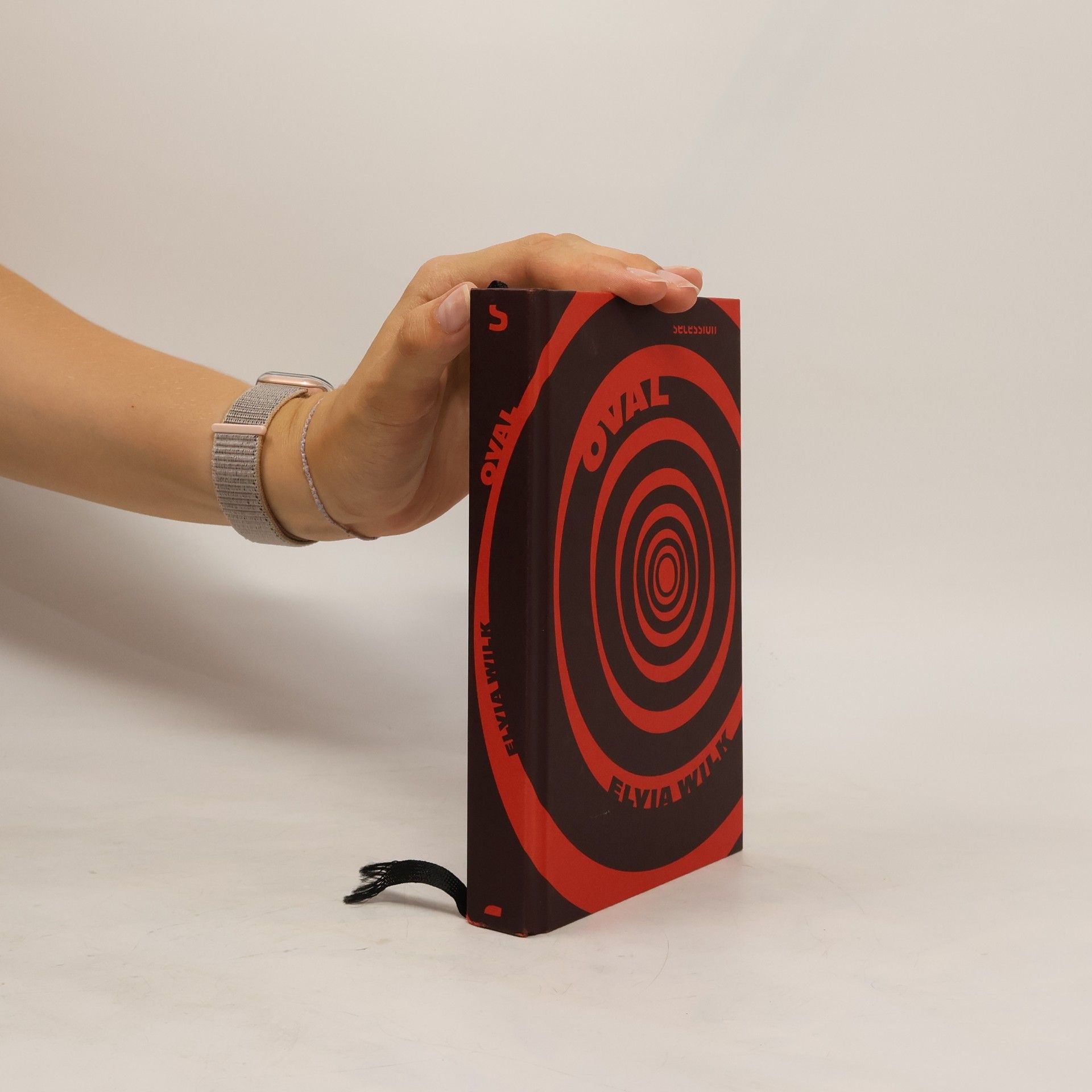In Berlin entsteht auf dem Tempelhofer Feld eine nachhaltige Siedlung, in der die Wissenschaftlerin Anja mit ihrem Freund Louis lebt, der an einer Designer-Droge arbeitet. Während soziale Spannungen zunehmen und die Stadt in einer Dystopie versinkt, wird Anjas Skepsis gegenüber Louis' Plänen zur Herausforderung ihrer Beziehung. Elvia Wilk thematisiert Kapitalismuskritik und die Zukunft der Stadt.
Elvia Wilk Bücher




Das Fan-Fiction-Magazin - 1: Danke
- 160 Seiten
- 6 Lesestunden
Etwas nicht zu mögen, ist einfach. Etwas zu mögen hingegen, ist kompliziert. Dann kommen wir nicht darum herum, uns auch mit jenen Seiten der Medaille auseinanderzusetzen, die uns weniger gefallen. Wir müssen mit dem Gemochten in Beziehung treten, mit ihm verschmelzen, es verschieben, es umarmen, es verändern, es lieben. Fan-Fiction wagt es, sich das Gemochte anzueignen und sich gleichzeitig vor ihm zu verneigen. Bislang gab es Fan-Fiction vor allem in eigens dafür eingerichteten Ecken des Internets. Um diesem so vielfältigen wie verbreiteten Genre endlich auch die materielle Würdigung zukommen zu lassen, die es verdient, gibt es jetzt DANKE – Das Fan-Fiction-Magazin, eine halbjährlich erscheinende Literaturzeitschrift.
Berlin is changing. Economic inequality is spiralling out of control, the party is moving on. Anja and Louis live on the mountain - an eco-community built and run by the corporation Anja works for. It is an experiment in green living. But soon enough the mountain begins to malfunction. Across the city, the weather becomes increasingly unpredictable. Louis has become obsessed with a secret project: a pill called Oval that temporarily rewires the user's brain to be more generous. While Anja is horrified, Louis believes he has found the solution to Berlin's income inequality.
From the acclaimed author of the novel Oval comes a book of “fan nonfiction” about living and writing in the age of extinction In this constellation of essays, Elvia Wilk asks what kinds of narratives will help us rethink our human perspective toward Earth. The book begins as an exploration of the role of fiction today and becomes a deep interrogation of the writing process and the self. Wilk examines creative works across time and genre in order to break down binaries between dystopia and utopia, real and imagined, self and world. She makes connections between works by such wide-ranging writers as Mark Fisher, Karen Russell, Han Kang, Doris Lessing, Anne Carson, Octavia E. Butler, Michelle Tea, Helen Phillips, Kathe Koja, Jeff and Ann VanderMeer, and Hildegard von Bingen. What happens when research becomes personal, when the observer breaks through the glass? Through the eye of the fan, this collection delves into literal and literary world-building projects—medieval monasteries, solarpunk futures, vampire role plays, environments devoid of humans—bridging the micro and the macro and revealing how our relationship to narrative shapes our relationships to the natural world and to one another.